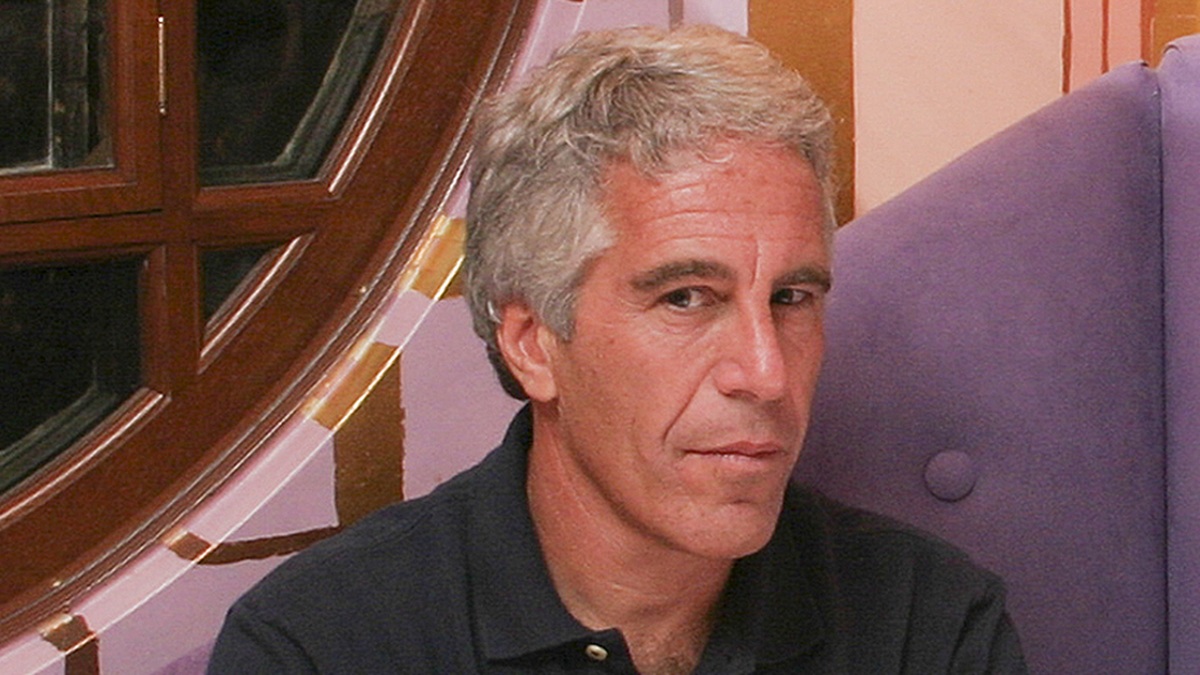
Assassin’s Creed has built up an impressive following over the years. Not only has Assassin’s Creed made itself one of the most anticipated games in the four short years the series has been alive, but the series has managed to firmly seat itself as a favorite in the hearts and minds of gamers worldwide.
Although many fans became worried when the franchise was brought into a yearly release cycle, the games have maintained their quality despite the short turnaround time.
This is where the latest installment, Assassin’s Creed: Revelations, comes in. Ezio Auditore da Firenze is now 67 years young instead of the ripe little 17-year-old hotshot we all met back in Assassin’s Creed II. Ezio is pursuing his thirst for more knowledge into what his ancestor and main character of the first game in the series, Altair, has discovered in regards to the Templars, called Byzantine’s in Revelations.
Ezio’s journey has brought him to Constantinople, the latest setting full of ethnic stereotypes that will see players traverse the rooftops in order to discover what the past held and Ezio will come one step closer to stopping the Templar’s quest for world domination.
The plot splits into two different points from there. Well, technically three, but we’ll get to that in a minute.
Ezio finds himself thrown into the middle of Revelations’ specific plot, revolving around the choosing of a new Sultan for Constantinople. Ezio quickly befriends Prince Suleiman and discovers of some kind of conspiracy that Suleiman’s uncle, Prince Ahmet, is somehow involved with the Byzantines, and trying to steal away the thrown for himself.
Ezio is also tangled in the overarching plot of the entire franchise at the same time. This time, Ezio is tasked with finding a way into the Library of Altair in Masyaf, which players will remember as the main base of operations for the Assassin’s in the first game. Ezio has to find five keys hidden by Niccolo Polo, (Marco Polo’s father,) in order to open the library and discover its secrets.
I said there’s a third plotline because of Desmond. Desmond is, of course, the “main” character of the Assassin’s Creed franchise, as all of the games technically has the player playing as Desmond who is living his ancestor’s memories through DNA.

Desmond is in trouble. After the events at the end of Assassin’s Creed: Brotherhood, Desmond finds himself trapped in a comatose state in the Animus. To make things even more interesting, the Animus is slowly destroying Desmond’s mind. Things around Desmond are the simplest virtual representation of what the Animus has to offer. An island, a few gates, and several random geometric shapes. It’s explained that this is essentially the Animus’ “Safe Mode.”
So while in a coma, why not look further into your ancestor’s past?
What I found interesting is how little we actually deal with Desmond in this iteration. All five acts you have with Desmond are entirely optional. They don’t really progress the story at all like they did in Assassin’s Creed II and Brotherhood, but instead teach the player of the biographical bulletpoints of Desmond’s life. The player will actually learn that Desmond’s parents tried raising him while simultaneously training him to be an Assassin. They were also those people who live in the woods and don’t get cable.
That’s right kids. Desmond’s parents were the equivalent of Dale Gribble from King of the Hill. But I digress.
These sections are actually played out in first-person in an almost Portal-esque puzzle room way. You use the ability to create two kinds of blocks, a flat platform and a ramp, to get from point A to point B. These segments are a nice change of pace, even if I probably didn’t play them the way the developers intended.
What players will spend a majority of their time doing is helping Ezio fulfill his quest. Much of this will feel incredibly familiar to anyone who’s played Assassin’s Creed before. There’s still an open map filled with main quests and side quests. Ezio needs to break certain districts from Templar control in order to unlock the nearby shops. You can then buy real estate and earn money. That money goes into those same shops to upgrade your weapons and armor.
And yes, that same odd curse of having too much money after the halfway point still occurs if you play like I do, finishing any possible side quests before doing main ones.
But with all the familiarity comes new ground. Some of it works, and some of it I want to bury alive and beat to death with my shovel.

The five keys I mentioned earlier? Well every time the player finds one, they’re brought into an Inception-esque concept where Ezio then recalls a memory from Altair. These memories range from the moments immediately following the ending to the first Assassin’s Creed to a middle-aged Altair to an 82-year-old Altair who can’t fight anymore. I absolutely love these segments. They put a firm nail in the coffin to what happened to Altair throughout the remainder of his life after the events of the first game.
The player also has the new ability to create bombs using components found on dead enemies and in treasure chests. These bombs can have a wide variety of effects from creating a massive smokescreen to exploding in a flurry of coins to distract nearby poor people to releasing a cloud of toxic gas that slowly kills anyone in its wake.
The bombs are cool, but I didn’t use them very much. They really didn’t change up my gameplay style all that much.
The part of the game that fails the hardest would be the fight for territory. Unlike in previous games, enemies can now fight to take back their former bases after you’ve taken them. This leads to a minigame called “Den Defense.” This is essentially a really awkward and clunky tower defense minigame, which sees players staring over Ezio’s shoulder and point to which rooftops he wants certain assassin’s placed. It breaks the pace of the game horribly. Thankfully these parts are almost entirely optional, unless you really want to recruit all the assassin’s you can.
From there, much of the game is the same as the last few releases. Combat still follows the rhythm of block-counter-finish combos. Free-running is still as fun as it first was, but with the addition of the hookblade, which allows Ezio to reach higher ledges and swing down ziplines. Multiplayer returns with a few more customization options and even an attempt at a story. Players can still recruit people into the Assassins and send them on missions for extra money and XP, and you can also still call on these guys during regular mission to attack like a badass that has control over an army of ninjas. Everything feels like it should.

The feeling of the game being too familiar is one of the greatest things Revelations has going for it, but also the most concerning. This is something that can be tied to the frequency in the releases.
In a brief discussion I had with a fellow Assassin’s Creed fan, we expressed the concern that a yearly release cycle for a story driven game with very few differences would tarnish the opinion of the franchise.
Here’s the kicker. One of the reasons the second Assassin’s Creed game was so much better than the first (besides losing the repetitiveness, getting a main character that has a believable accent, making sidequests more interesting, etc.) was the drastic change in setting. Assassin’s Creed II and Brotherhood both had a renaissance-era Italian setting. Revelations takes place in Constantinople during the same relative time period, and the overall look and feel of the place isn’t much different. Granted, Constantinople is much less vertical than Rome was, but many of the buildings are starting to look recycled, and the game has that feeling right before a franchise starts to get stale.
I won’t give too much away, but the ending to Revelations does a perfect lead-in to the inevitable Assassin’s Creed III (since I’m assuming Ubisoft is going to go the way of Grand Theft Auto for numbering their games and only number the “major” ones.)
What I mean by this is that all the stories from characters we’ve played before are wrapped up nicely. We learn to see the remaining moments of Altiar’s life all the way up to his death. While Ezio’s story is not brought to a definitive close, he’s freaking ancient at this point, and probably would break a hip if he starred in another game.
Keeping this in mind, Ubisoft has already confirmed we’ll be playing as someone new in the Assassin’s Creed game scheduled for release next year. Whether that means we’ll be playing as someone entirely new or as Desmond in a modern setting remains to be seen, but it does mean that Assassin’s Creed will be getting that drastic setting overhaul it so desperately needs in order to remain relevant.
Revelations is by no means a bad game, but it won’t win any awards either. Ubisoft has taken the saying “If it ain’t broke, don’t fix it” almost too literally in this case and changed very little, including the story and setting.
The entire Assassin’s Creed series is like your mother trying to make homemade pasta. The first time was bad because it was an experiment, but mom took some important feedback into consideration. Later she made the same dish but changed some of the ingredients in order to make things more exciting. Since everyone liked the way she cooked, she makes it a few more times in quick succession. It’s still good, but too much of a good thing is always a bad thing. However, mom is promising something awesome for dinner next week.
When you think about it, people should only really be interested in Revelations if they’ve been following the story up until now anyway, and those people have already decided they want to know the whole story and have decided to pick the game up at some point anyway. Revelations is the absolute worst game for any newcomers to the series due to the huge amount of lore established in the game already, but the absolute best for those of us that have played and loved every iteration so far. If nothing else, the game has done a phenomenal job of leading up to an inevitable sequel. And although that may be a year or more away, I already have the highest expectations for it.
Assassin’s Creed: Revelations was released on November 15, 2011 for XBOX 360 and PS3.










Published: Nov 18, 2011 11:07 am